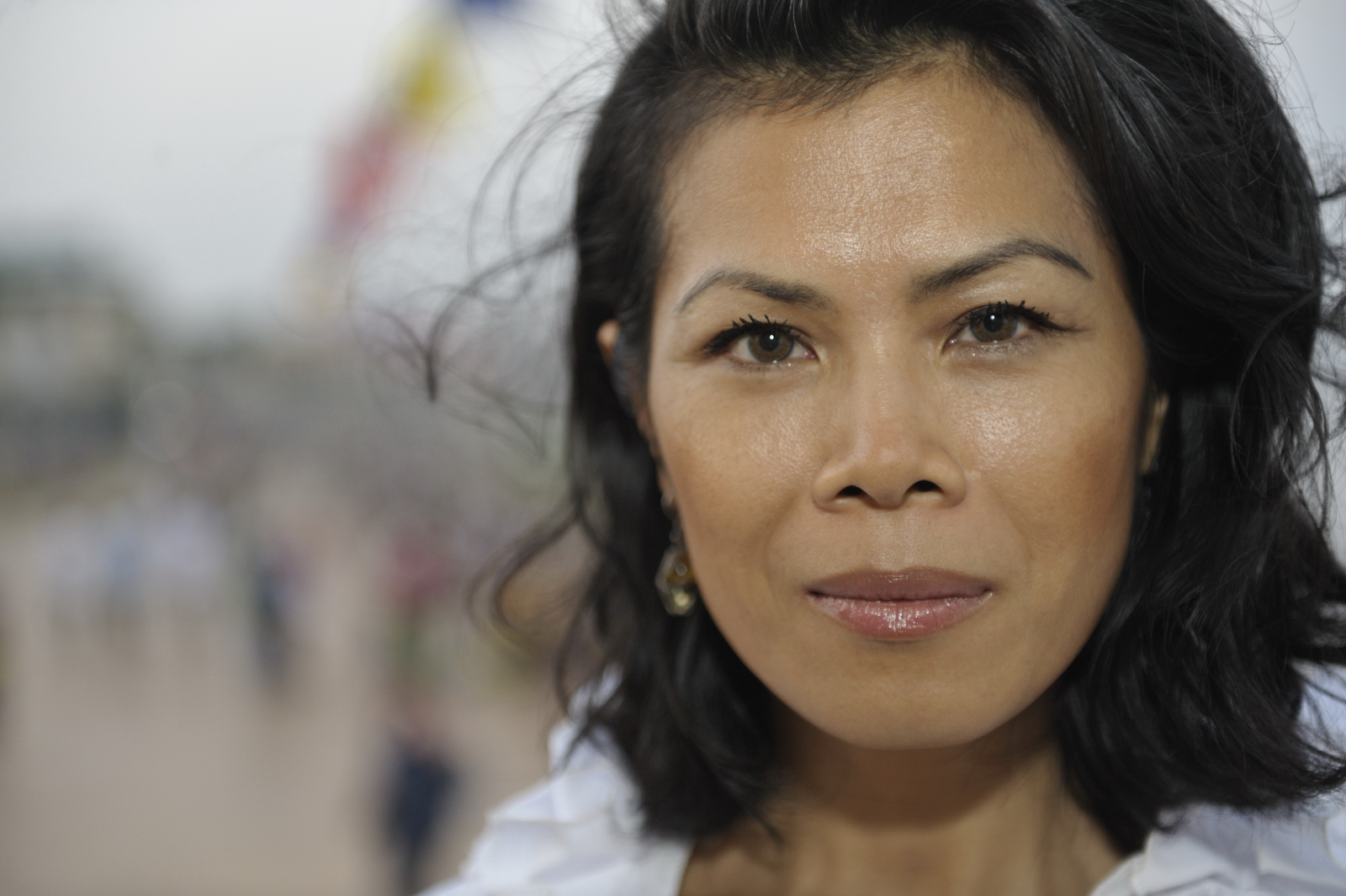Yesterday’s mass convictions of opposition party members and human rights defenders on spurious charges should be overturned and the legal provisions used to prosecute them should be repealed or amended in line with international human rights law, said the International Commission of Jurists (ICJ) today.
On 14 June 2022, the Phnom Penh Municipal Court convicted at least 51 opposition politicians and human rights defenders affiliated with the now-dissolved Cambodia National Rescue Party (CNRP), on politically motivated charges of “plotting” and “incitement to commit a felony” under articles 453, 494 and 495 of the Criminal Code.
Thirty-one defendants were sentenced to prison for terms between five and eight years, among whom four were already in detention and one was taken into custody after the verdict. Twenty-seven of them were sentenced in absentia as they are currently in exile. Another twenty defendants were handed five-year suspended prison sentences.
“This is just the latest example of the way the law is being weaponized to attack free expression, silence dissenting voices and shutter civic space in Cambodia,” said Kingsley Abbott, ICJ Director of Global Accountability and International Justice. “Those who have been convicted on these unsubstantiated charges should have their convictions overturned, and anyone detained as a result should be released immediately.”
The convictions were reportedly related to opposition leader Sam Rainsy’s failed attempt to return from exile to Cambodia in 2019, which the defendants were accused of organizing. Sam Rainsy is the former leader of the CNRP, which was arbitrarily dissolved in November 2017 by the Supreme Court.
The ICJ has previously underscored how articles 453, 494 and 495 of the Criminal Code are incompatible with Cambodia’s international human rights obligations under the International Covenant on Civil and Political Rights (ICCPR), to which Cambodia is a State party.
These provisions are vague and overbroad, prescribe disproportionately harsh criminal sanctions on free expression, and are often arbitrarily wielded to target perceived political opponents of the Cambodian government, in violation of the rights to political participation and freedom of expression and association.
The ICJ is also concerned about the fundamentally unsound evidentiary basis on which the convictions were made, which is a cornerstone of the rule of law and the right to a fair trial. According to LICADHO, “Facebook posts expressing support for the former opposition party or democratic principles made up the bulk of the evidence presented”, and “[c]lear links were not made between the evidence accepted, each individual defendant and each element of the charges.”
Furthermore, trials in absentia are, save in exceptional circumstances not applicable here, a violation of the right to a fair trial. As noted by LICADHO, defence lawyers “repeatedly raised that multiple defendants were not properly summonsed to stand trial”.
The ICJ has previously drawn attention to the rule of law crisis in Cambodia, and condemned the de facto presumption of guilt applied in cases involving political opponents and human rights defenders, as part of a larger pattern of basic fair trial standards not being adhered to in the Cambodian courts.
The ICJ calls on the Cambodian authorities to quash these convictions, cease further harassment of its political opponents through legal processes, and ensure all trials uphold basic fair trial standards guaranteed under international law. The ICJ also calls for articles 453, 494 and 495, and other fatally flawed laws, to be repealed or substantially amended, in line with Cambodia’s international human rights obligations.
Background
Articles 453, 494 and 495 of the Criminal Code are frequently invoked to target political opponents of the Cambodian government, in part due to the vague and overbroad language of these legal provisions.
Article 453 of the Criminal Code criminalizes the act of “plotting”, defined as “a resolution agreed upon by two or more persons to commit an attack where the resolution was put into effect by one or more material actions”, with imprisonment from five to ten years.
Articles 494 and 495 criminalize “incitement to commit a felony or disturb social security”. Article 495 provides that the “direct incitement to commit a felony or to disturb social security’ by employing one of the means defined in article 494 is punishable by “imprisonment from six months to two years and a fine from one million to four million riels” (approx. USD 250 to USD 1,000).
Earlier in March 2022, the Phnom Penh Municipal Court convicted 20 opposition politicians and human rights defenders in another mass trial and sentenced them to prison for terms between five and ten years, on charges of “incitement”, “inciting military personnel to disobedience”, and “conspiracy”.
Contact
Kingsley Abbott, ICJ Director, Global Accountability and International Justice, e: kingsley.abbott(a)icj.org
Daron Tan, ICJ Associate International Legal Adviser, e: daron.tan(a)icj.org
See also
ICJ, ‘Cambodia: ICJ submission to the Human Rights Committee’, 2 February 2022
ICJ, ‘Cambodia: New ICJ report highlights intensified human rights violations and abuses online’, 23 December 2021
ICJ, ‘Cambodia: Spurious “treason” charges against opposition leader Kem Sokha must be dropped’, 15 January 2020





